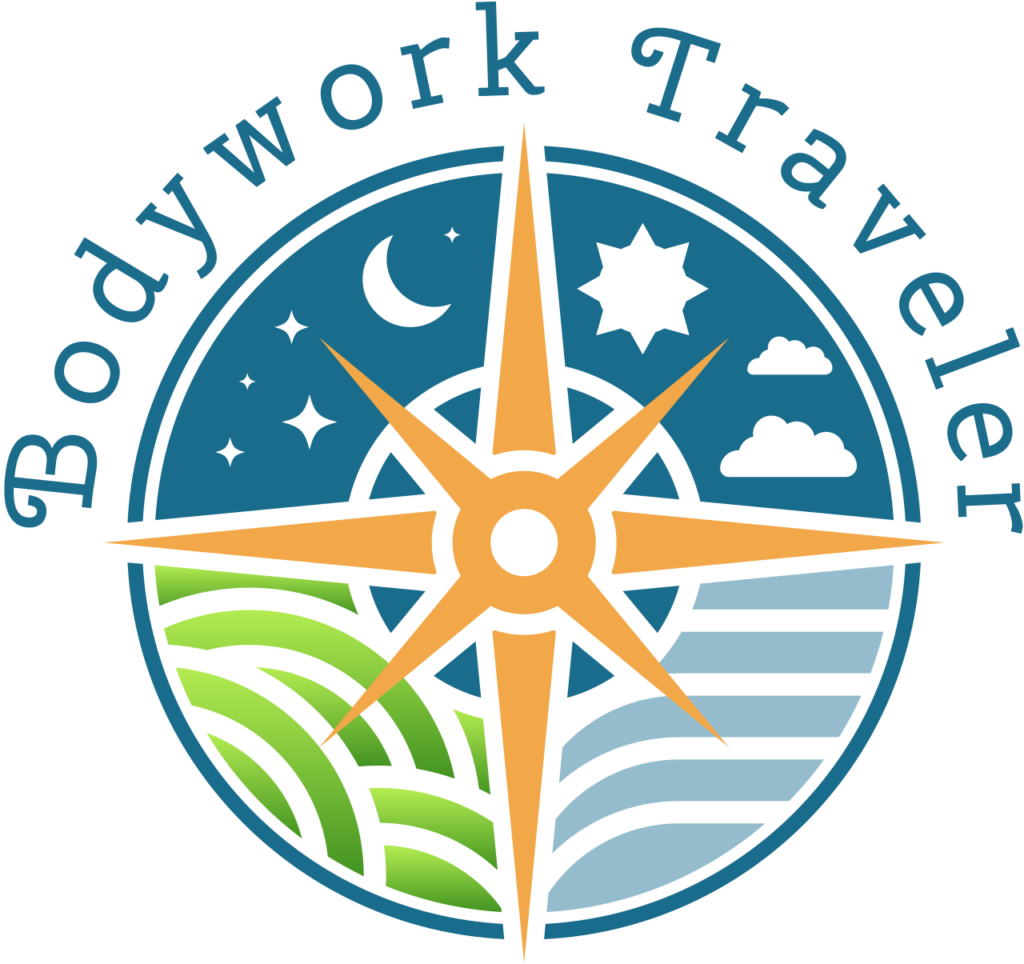 When I decided to change my career path in late 2023, it was a direct response to the prolonged stress I had experienced for many years. Even making the decision to transition careers was stressful, and taking a year off from work came with its own set of challenges. However, this journey ultimately led me to a path focused on healing and well-being, both for myself and for others.
When I decided to change my career path in late 2023, it was a direct response to the prolonged stress I had experienced for many years. Even making the decision to transition careers was stressful, and taking a year off from work came with its own set of challenges. However, this journey ultimately led me to a path focused on healing and well-being, both for myself and for others.
Stress affects the body in both immediate and long-term ways, triggering the fight-or-flight response and releasing hormones like cortisol and adrenaline. In the short term, this can cause increased heart rate, muscle tension, and shallow breathing. Over time, chronic stress weakens the immune system, disrupts sleep, and contributes to conditions like high blood pressure, digestive issues, and chronic pain. Stress often manifests physically in areas like the neck, shoulders, and lower back, leading to tension headaches and fatigue. Managing stress through relaxation techniques, massage therapy, deep breathing, and mindfulness helps restore balance and prevent long-term health complications.
Self-care is essential for managing stress, as it helps regulate the body’s response to tension and prevents burnout. Prioritizing activities like relaxation, exercise, and mindfulness promotes mental clarity, emotional balance, and overall well-being.
Here are some effective ways to manage stress:
Try Massage Therapy: Relieve muscle tension and promote relaxation through massage.
Practice Deep Breathing: Engage in slow, controlled breaths to calm your nervous system.
Exercise Regularly: Physical activity helps release tension and boost mood.
Get Enough Sleep: Prioritize rest to allow your body to recover and recharge.
Use Mindfulness & Meditation: Stay present and reduce anxiety with simple mindfulness practices.
Engage in Hobbies: Spend time doing activities you enjoy to relieve stress.
Set Boundaries: Learn to say no and protect your time and energy.
Stay Connected: Talk to supportive friends, family, or a therapist.
Eat a Balanced Diet: Proper nutrition supports overall well-being and stress resilience.
Limit Stimulants: Reduce caffeine, alcohol, and excessive screen time.
By managing stress effectively, you improve your overall quality of life, enhance focus and productivity, and build resilience against future challenges. Prioritizing stress relief helps you feel more balanced, energized, and in control of your health and happiness.

